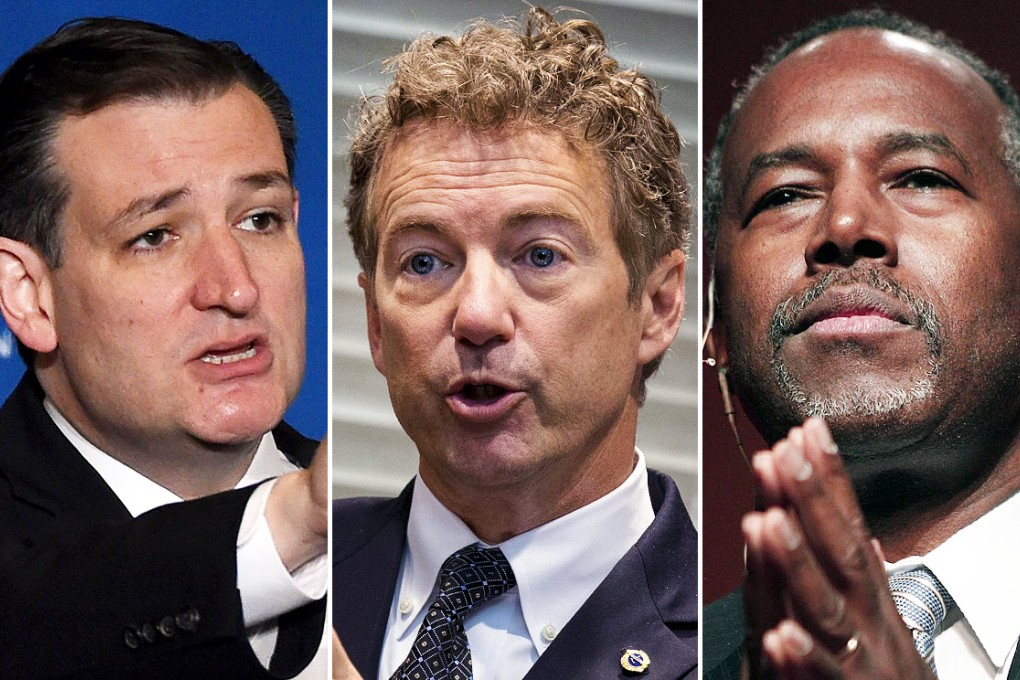An election without science? Evolution and climate change remain contentious issues for Republicans
Despite academic consensus on evolution, the age of the planet and climate change, these remain contentious issues for conservatives

A neurosurgeon who believes the human brain is too complex for anyone but God, an ophthalmologist who refuses to talk about the age of the earth, and a Harvard-trained lawyer beloved by creationists are running for president of the United States, raising the prospect of an election without science.
Retired doctor Ben Carson joined Senator Rand Paul (the ophthalmologist) and Senator Ted Cruz (the Harvard alum) on the campaign trail on Monday, vying for the Republican nomination against each other and other confirmed and likely candidates including Senator Marco Rubio, former Florida governor Jeb Bush and Wisconsin Governor Scott Walker.
But despite assorted elite educations and illustrious careers, none can apparently make up their minds about basics of modern science - that the earth is about 4.5 billion years old, that humans evolved from earlier primates over millions of years, and that people are making the world dangerously warm.
"I think on issues like climate change and evolution it ends up being a proxy for identity politics," said Michael Halpern, of the Union of Concerned Scientists. "You're not actually talking about the science, you're talking about values."
So far the candidates have mostly hemmed and hawed - save Carson, who outright rejected the theory of evolution when speaking to Faith & Liberty radio last year.
"Carbon dating, all these things, really doesn't mean anything to a God who has the ability to create anything at any point in time," he said.
"Dealing with the complexity of the human brain, and somebody says that came from a slime pit full of promiscuous biochemicals? I don't think so."